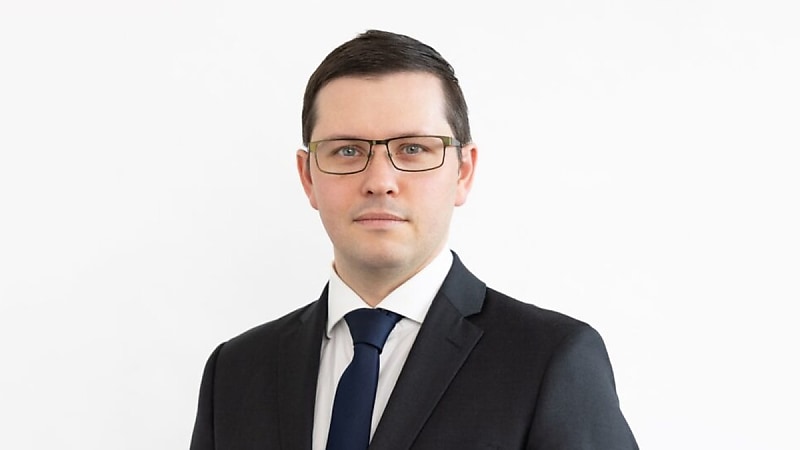Trust deeds need to have appropriate streaming powers: expert
Many advisers assume that any deed will allow for streaming, but this is not always the case, a legal expert has warned.
Shaun Backhaus, director at DBA Lawyers, said recently the ATO has been checking trust deeds and distribution resolutions to determine whether streaming is expressly authorised under the trust deed.
“The streaming of different types of income in a discretionary trust to different beneficiaries is a common strategy to optimise the tax outcome for beneficiaries such as to maximise the value of franking credits and the general 50 per cent CGT discount,” he said.
“Advisers should check each trust deed they assist with to ensure that streaming can actually be implemented. Unless there is express streaming powers, the ATO will generally expect net income to be distributed proportionately rather than being streamed to specific beneficiaries.”
Backhaus said if a trustee can have the power to determine that certain amounts will form part of the “distributable income” of the trust, it does not necessarily need to coincide with tax outcomes and accounting principles if it is expressly provided under the deed.
“There may be circumstances where it is beneficial for amounts to be specifically included or excluded from trust income, such as where amounts will be income for tax purposes but do not result in a cash payment to a trustee,” he said.
“Another example is the non-assessable capital gain that arises from the 50 per cent CGT discount that the trustee may or may not wish to include in distributable income.”
However, he said appropriate powers to achieve this must be expressly included in a trust deed or that the trust deed may empower the non-assessable capital gain amount to be distributed under the power to distribute capital if such a power exists in the deed.
“Unless the deed includes appropriate power, a trust’s income is likely to be determined in accordance with trust law principles,” he said.
Income streaming in a discretionary trust is about deciding which beneficiary will receive what portion of trust income and taxable income and, with appropriate streaming provisions in place, a trustee can make particular beneficiaries specifically entitled to franked dividends and capital gains.
“This becomes relevant in various situations such as dealing with resident and non-resident beneficiaries, corporate and individual beneficiaries, and where beneficiaries have different amounts and types of other income,” he said.
“A corporate beneficiary, for instance, does not obtain the general 50 per cent CGT discount that an individual taxpayer is entitled to. Without appropriate provisions that allow for streaming different categories of income among beneficiaries, it is unlikely that the streaming strategies for tax purposes will be effective.”
Unless the amounts relate to capital gains or franked distributions, the ATO will generally apply the proportionate method to other types of income that a trust seeks to stream.
Backhaus continued that in 2011–12 there were substantial changes to legislation and ATO materials that impacted a trust’s ability to implement streaming and a discretionary trust deed prepared before 2012 that has not been varied for streaming in recent years should be reviewed and updated.
“Also, there is no such thing as a standard or normative trust deed and the provisions in each trust deed must be reviewed to determine whether they are adequate or require updating. This also means that it cannot be assumed that every deed prepared after 2011 will have appropriate streaming provisions as the quality of trust deeds varies substantially,” he said.
“If streaming of income has been undertaken in prior financial years where the deed lacks this power, it would be wise to have the deed updated as soon as practicable. Further, in this situation, expert advice should be obtained to determine whether any change is required to prior tax returns and whether the ATO should be notified.”
He noted that substantial tax can arise if there is exposure for making distributions that are not authorised under the trust deed. Typically, these tax liabilities compound over years with interest and shortfall penalties accruing.
“Before preparing trust distribution resolutions, advisers should carefully review the trust deed to ensure it has adequate income characterisation and streaming provisions allowing for modern distribution strategies,” he added.
“Even though a trust may have been recently established, as the law and strategies develop over time, trust deeds may no longer provide appropriate provisions and flexibility to optimise tax efficiency.”








